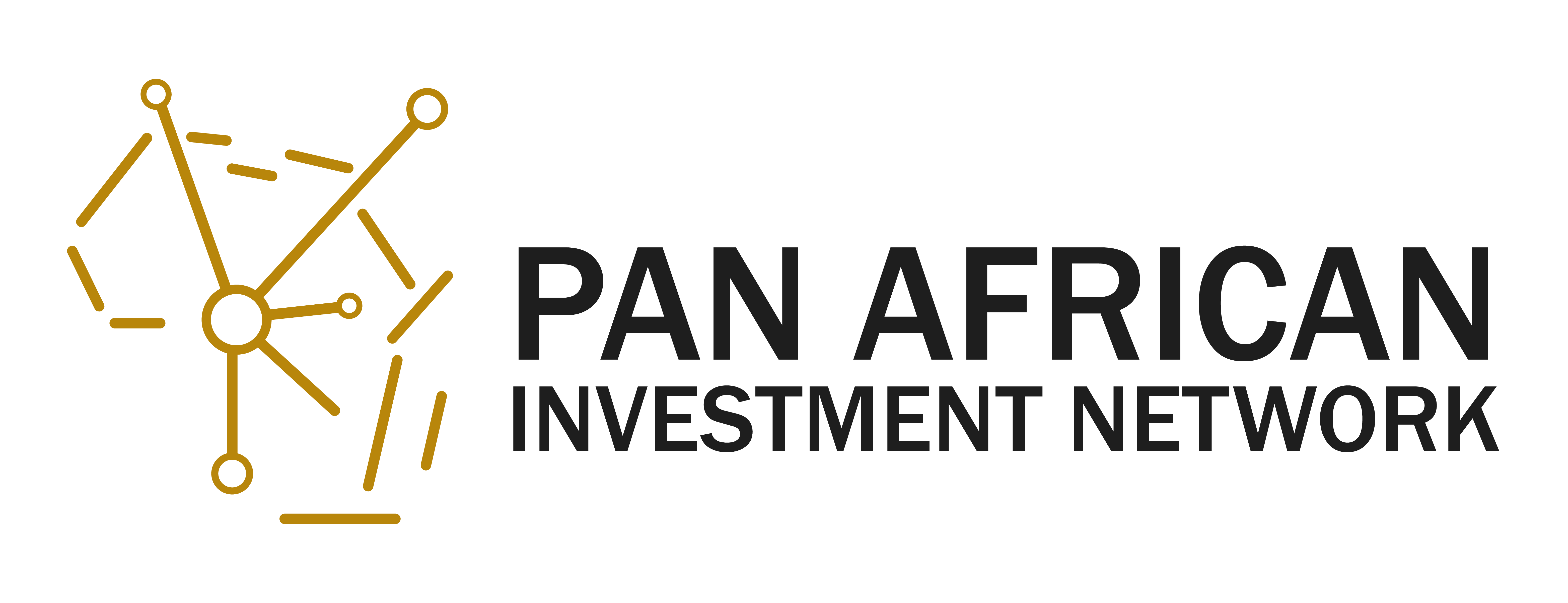Political Environment

Africa’s political landscape is dynamic and complicated, with many different players, interests, and difficulties. The stability and growth of the continent are hampered by problems including poverty, inequality, violence, corruption, climate change, migration, and health crises. The major regional organization working to advance harmony, safety, integration, and collaboration among its 55 member nations is the African Union (AU).
African politics are characterized by a precarious balance between democratic institutions and persistent problems with military coups, terrorism, and government. Elections in many nations indicate the region’s adherence to democratic values, despite concerns about transparency and fairness, even as military coups and conflicts pose dangers to stability. Furthermore, there is a chance that regional spillover effects might result from the influence of these political processes beyond international boundaries. In order to solve these issues and advance stability and development on the continent, coordination and cooperation among African countries, regional organizations, and foreign partners are still essential. In the upcoming years, the political environment in Africa will be greatly shaped by the success of ongoing attempts to settle disputes and organize fair elections.
